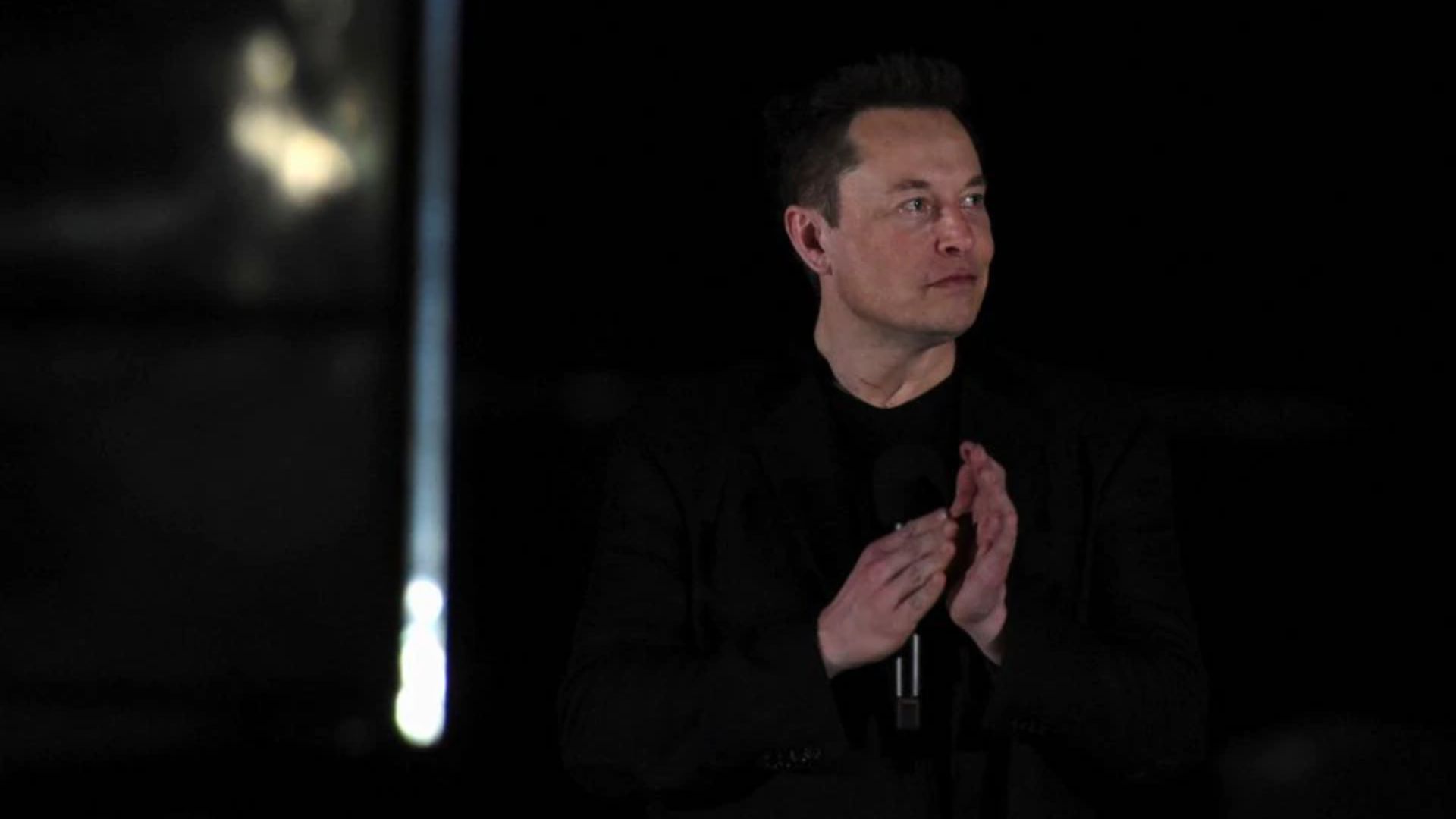(Reuters) – Tesla (TSLA.O) CEO Elon Musk cannot be forced to testify in a wrongful death lawsuit stemming from a high-speed crash of one of the electric vehicle maker’s sedans, a Florida state appeals court ruled on Wednesday, reversing a lower court judge.
A unanimous three-judge panel of the 4th District Court of Appeal in West Palm Beach said Musk as a corporate leader could be shielded from a deposition.
Lawyers for the plaintiff, a teenage passenger killed in a 2018 crash in a Tesla Model S that also killed the driver, wanted to take Musk’s testimony as part of the lawsuit. Musk had called the driver’s father after the accident.
Plaintiffs generally face a high bar in efforts to question top corporate officials and government leaders. The appeals court found Musk had no “unique, personal knowledge” that would justify allowing him to be deposed. The panel overturned a judge who had ruled Musk could be questioned.
Tesla and a lawyer for the company did not immediately respond to a request for comment on Wednesday. Musk is not a party in the lawsuit.
Attorneys for the plaintiff did not immediately respond to a similar request.
The 18-year-old Tesla driver in the crash was speeding at 116 mph on a curve with a 25 mph limit when he lost control and his car slammed into two concrete walls, according to court records.
The driver’s parents have said a Tesla technician without their knowledge disabled speed limiting software that had prohibited the car from traveling above 85 mph, court records show.
The appeals court said Musk had already provided sworn testimony that he did not recall discussing the speed limiting technology in his call with the driver’s father.
The driver’s father had testified that Musk told him “perhaps we should not have removed the limiter” and that Tesla would review its policies.
Tesla has denied wrongdoing and maintained that the driver’s “reckless” operation of the vehicle caused the crash “with or without a speed limiter.”
Jonathan Gdanski, a lawyer on the plaintiffs’ team, told Reuters last year that Musk should be deposed “not because he is the CEO, but because he made himself a witness.”
The case is Tesla Inc v. Edgar Monserratt, as personal representative of the Estate of Edgar Monserratt Martinez, Florida Fourth District Court of Appeal, No. 4D2023-2075.
Reporting by Mike Scarcella











